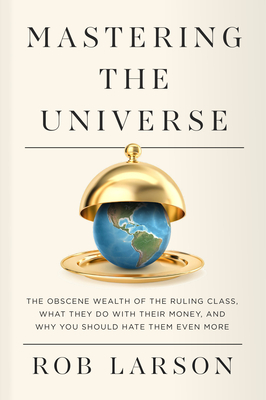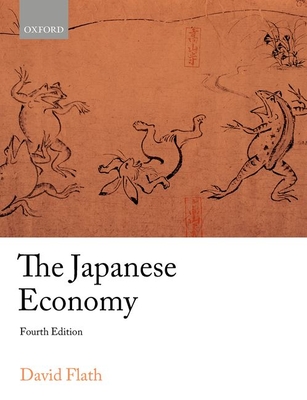
description
5Smith's seminal work, The Wealth of Nations, aims to create a new understanding of economics. Smith writes largely against the mercantile system that existed at the time of writing, but, along the way, gives a complicated but brilliant account of an economic system based in human nature and deeply rooted social dynamics. The text is characterized by fact-heavy digressions, tables, and appendices that blend hard research with broad generalities, demonstrating his commitment to give evidence for what seem like timeless observations about the nature of economics. Books I and II focus on developing the idea of the division of labor, and describing how this division adds to the opulence of a given society by creating enormous surpluses, which can be exchanged among members. The division of labor also fuels technological innovation, by giving intense focus to certain tasks, and allowing workers to brainstorm ways to make these tasks more efficient. This, again, adds to efficiency and grows surpluses. Surpluses, Smith writes, may be either traded or re-invested. In the latter case, technologies are likely to improve, leading to even greater efficiencies.
member goods
No member items were found under this heading.
listens & views

ANCERL GOLD EDITION 17: TZIGANE ...
by RAVEL / ANCERL / LALO / HARTMANN / CZECH PO
COMPACT DISC$16.25
Return Policy
All sales are final
Shipping
No special shipping considerations available.
Shipping fees determined at checkout.






